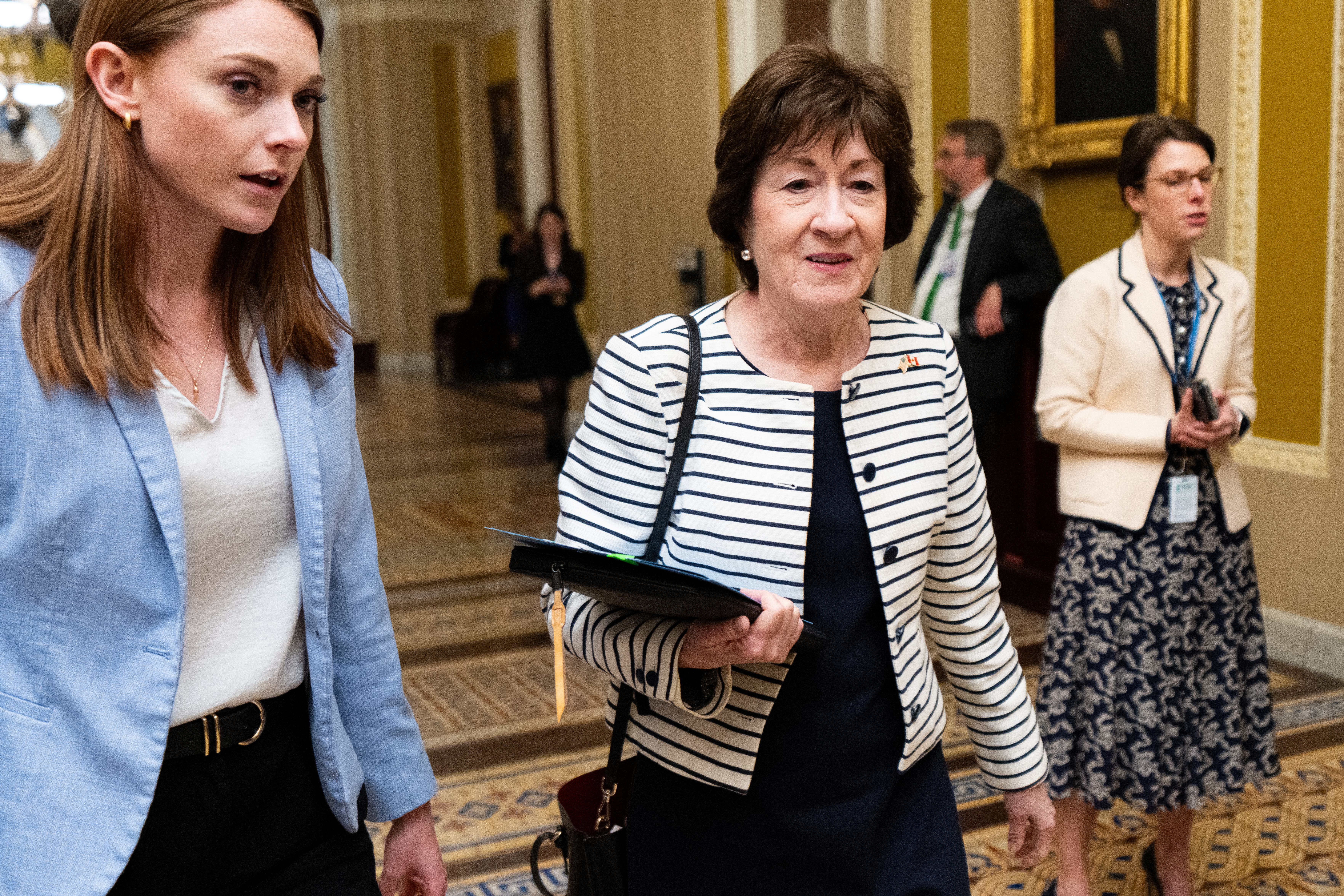The act and art of costume play, or cosplay, has become one of Comic-Con's biggest draws, rivaling the appeal of celebrity appearances and perhaps even the comic books.
"Cosplay has become the emblem of convention culture," says Rob Salkowitz, author of "Comic-Con and the Business of Pop Culture." "It has been the face of Comic-Con for so long and is almost like a marker of what makes this kind of fandom special and unusual: The idea that grown ups attend in all kinds of crazy costumes is not only accepted, it’s expected."
At its simplest, cosplay is the act of dressing as your favorite pop culture character (or variation thereof) and having fun. More complex is the power the growing phenomenon now wields as cosplayers descend in their tens of thousands on events such as San Diego's Comic-Con, bringing with them big costumes, big bucks and big questions regarding codes of conduct.
According to a recent survey of more than 2,600 frequent attendees conducted by online ticketing service Eventbrite, events such as Comic-Con generate $600 million annually in ticket sales alone.
"These things are big business and cosplay is part of the appeal that gets the casual fans in the door," explains Salkowitz, who worked with Eventbrite on their data research. It revealed that of all the motivators in attending comic and fandom events, cosplay was a top three reason for 23 percent of men and 50 percent of women.
Cosplay popularity has reached as far as network television with PBS ("Cosplay: Crafting a Secret Identity") and SyFy ("Heroes of Cosplay") hosting series based around the performance art. There's a documentary feature film in post-production ("Cosplay Dreams 3D"), and the genre has spawned its own subset of celebrities such as Yaya Han and Traci Hines who have successfully parlayed their costuming abilities into full-time businesses.
"The women who come to comic and fan conventions are twice as likely to be dressing up as the guys," says Salkowitz. "So a lot of the cosplay is from women or girls who are going to what has been a traditionally – up until the last 10 or 15 years or so – male oriented fandom."
U.S. & World
And with more and more women attending in costume – some in revealing attire true to their character's origin – a new issue has arisen regarding conduct at conventions.
"The buzz phrase in cosplay right is 'cosplay does not equal consent,'" explains Salkowitz. "Some women and men dress in provocative costumes or costumes of characters who have a sexual persona and some people at conventions take it the wrong way and they hassle people about it."
Last month, a group called GeeksforConsent.org publicly criticized San Diego Comic-Con for not doing enough to protect women in costume who attend the annual event.
At the time, Rochelle Keyhan, creator and director of the group, told San Diego's NBC7 that many costumed women walked away from the convention feeling uncomfortable and violated. "They’ve been harassed, either sexually with pretty verbal harassment, or physical groping, or being followed around the convention space," said Keyhan.
In April, organizers from Seattle's Comic-Con event put up "cosplay is not consent" posters in an effort to make their zero-tolerance sexual harassment policy clear to attendees.
While not matching Seattle's highly visible declaration, San Diego Comic-Con for the first time sent attendees its anti-harassment policy via email two days before the event started. "We have long had a code of conduct and, in the past, it has appeared on page two of our events guide given to attendees at the show," said Comic-Con spokesperson David Glanzer via email. "We feel our policy is stronger than most because it is not limited to harassment. Our policy allows us to address issues we feel are offensive regardless of whether someone is harassed."
Harassment of a sexual nature is not the only type to exist at conventions.
"There is a lot of bullying that goes on," says cosplayer and Comic-Con attendee Lawrence Brenner. "Within the community people can be attacked if they are the wrong body type, even baseline things such as ethnicity. Things that are really moronic that you would hope people had gotten past a really long time ago."
Gender-bending cosplayers and people playing characters outside of their racial and cultural backgrounds are often met with criticism, notes Salkowitz: "Fans are very attached to traditional versions of characters. For example Marvel announced the other day that they are changing the gender of Thor to a woman, and that the new Captain America is going to be African-American and stuff like that – gender and race identity issues – certain fans react poorly to."
It's a conversation that is sure to be ongoing as the public perception, acceptance and enjoyment of cosplay grows. And with more large corporations spending big sponsorship dollars to have their products attached to comic and fan gatherings, Salkowitz believes it's in the convention's interest to address such criticism.
"Big consumer brands can’t afford to be associated with events where a convention space is known to be uncomfortable," Salkowitz says. "People who are cosplaying are there to have a good time and are as entitled to a good experience at these conventions as anybody else."



